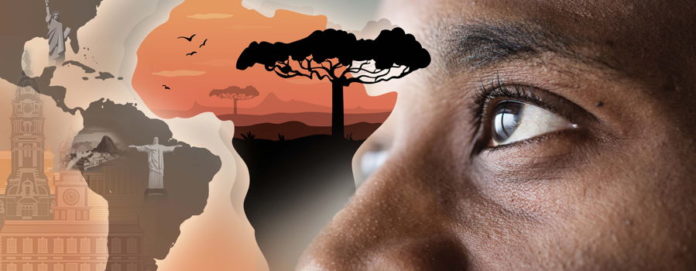Latinos are the biggest minority and second-fastest growing racial or ethnic group in the U.S and within it emerge complex identities. Among these identities is Afro-Latino. Afro-Latinos identify as both Black and Latino, as they are direct descendants from African slaves that were taken to the Caribbean and South America. Even though a quarter of the U.S. Latinos identify as Afro-Latino, which translates to 15 million people, Afro-Latinos rarely see themselves visibly in history books and other educational content in school. For this cause, millions of Afro-Latino students are culturally deprived year after year, because they are drastically underrepresented in school.
¿Are Afro-Latinos represented during Black History Month and Hispanic Heritage Month? Many Afro-Latinos would say no. Edgardo Rodriguez, a Philadelphia native who identifies as a Black Puerto Rican says, “the only Afro-Latino I was exposed to in school was Roberto Clemente” and, “if I had been taught more, I wouldn’t have struggled with my identity”.
Representation matters in all aspects of life, especially in education. If there was more representation of Afro-Latinos in our education curriculum, history books and in the media, the classroom would become a safer space where Afro-Latino students will be empowered by gaining culturally enriched information, and by building healthy cross and same race relationships. Without it, the classroom is susceptible of being an environment that breeds bias, stereotypes, and cultural misinterpretations.
Educators should include curriculum that recognizes and highlights the contributions of Afro-Latinos. If educators are consistent in this, they will help strengthen the identify of their students and empower their Afro-Latino students to realize that they too can make a difference and, at the same time, create a culturally safe place for all students.
Over the next few weeks, we will showcase the contributions of Afro-Latinos to our community as educators, entrepreneurs, first-responders, medical professionals, journalists, media producers, tech developers, faith leaders, artists, activists, parents, and more. As people who provide hope and are an example to our community, we call them “Heroes de Impacto y Esperanza.”
You may also like «Contemos nuestras historias afrolatinas «







